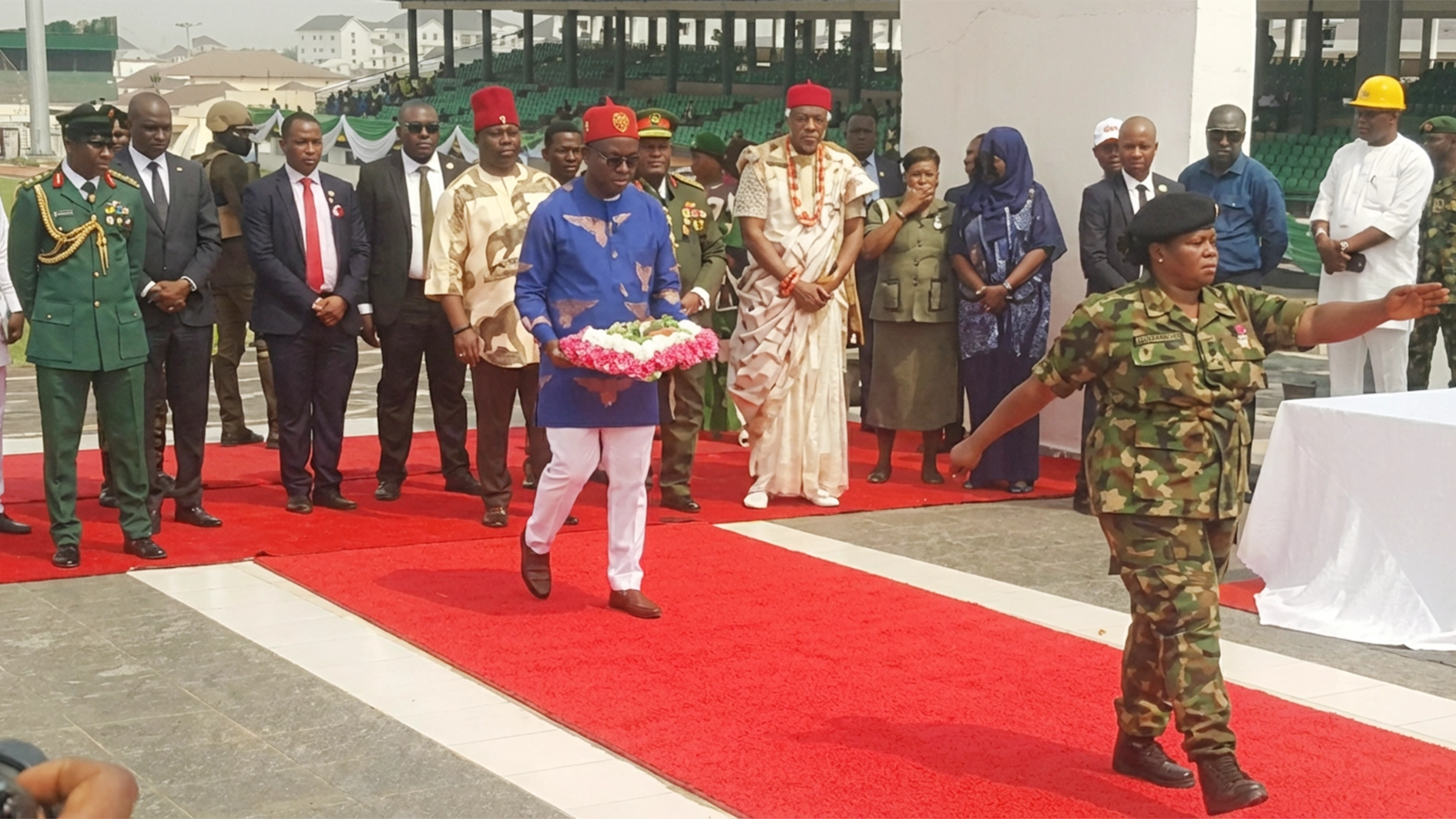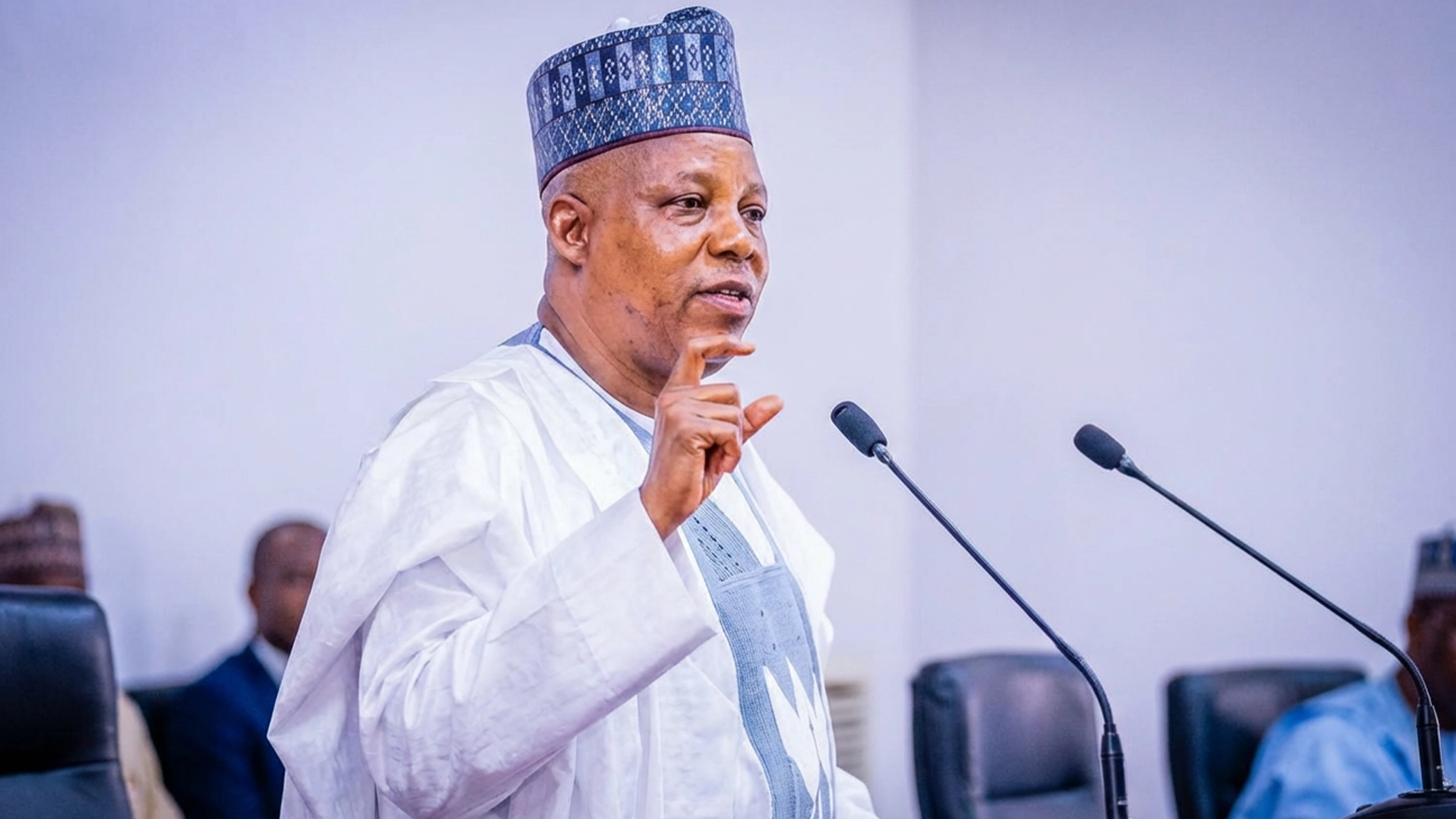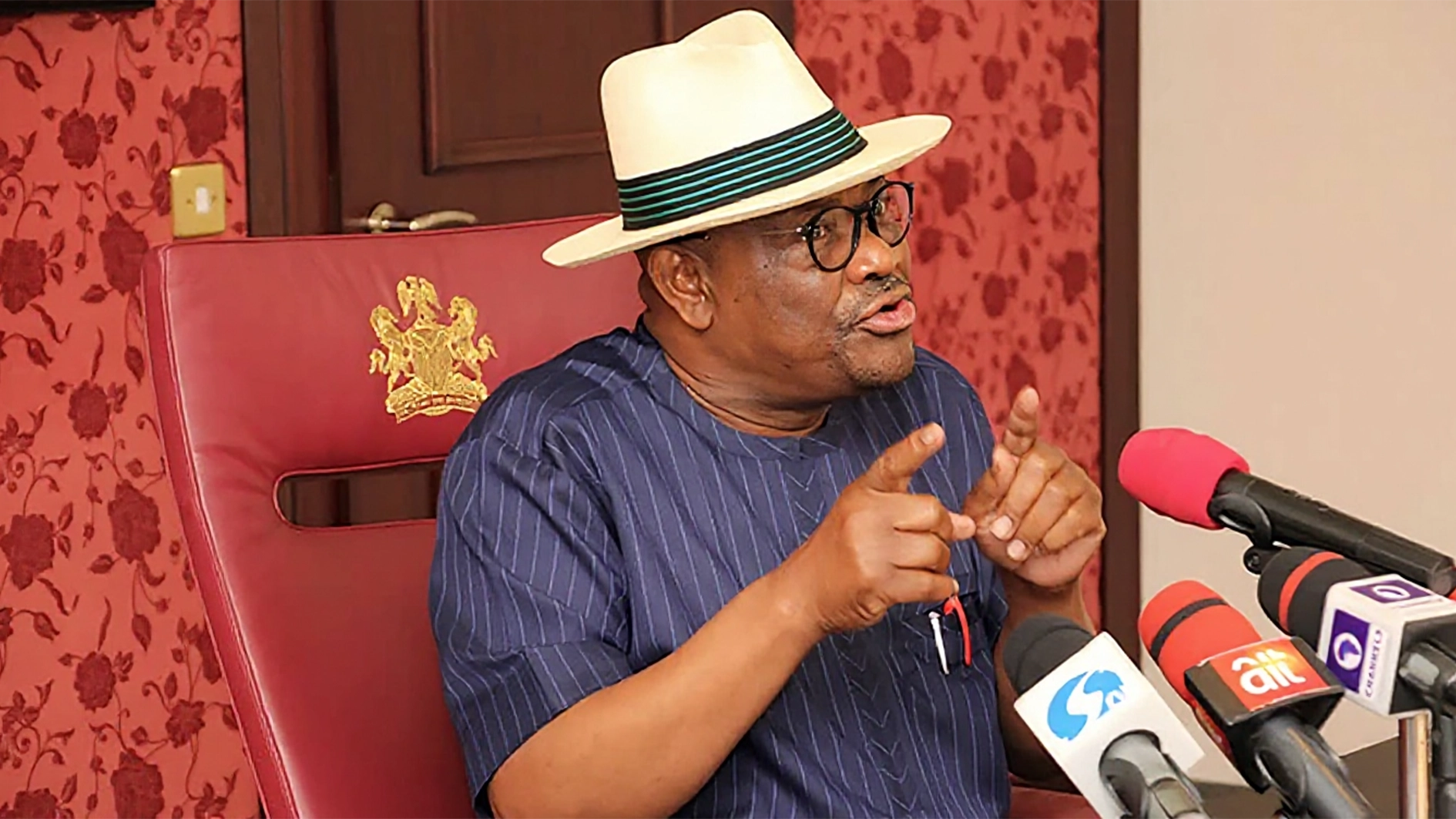
The Anioma Media Professionals (AMP) has commended Ijaw, Urhobo and Itsekiri leaders for their public support for equity in Delta State through their endorsement of a second term for Governor Ifeanyi Okowa in this year’s general elections.
AMP believes such stance would engender peace, unity and development in the state and giver all ethnic nationalities and sections a sense of belonging.Ijaw national leader, Chief Edwin Clark; prominent Urhobo politician and former Minister of State for Education, Chief Kenneth Gbagi and Itsekiri leader, Chief Roland Oritsejafor, had, at different fora, expressed support for the governor’s second term bid.
In a statement signed by its spokesman, Mr. Ken Ugbechie, AMP, said with such statements from prominent sons of the state from different ethnic group, it was obvious that Okowa, as a political bridge builder, has the support of all the ethnic nationalities in the state.
While Clark said: “Delta Central Senatorial District has had the governorship through Chief James Ibori, for eight years. Delta South had it for eight years through Dr. Emmanuel Uduaghan. It is the turn of Delta North to have it for eight years through Okowa,” Gbagi noted that: “The greatest mistake APC made and to the advantage of Okowa is to have nominated a non-Anioma for 2019 governorship… what I am saying in effect is that we cannot alter the issue of Delta State, the state is bigger than anybody. Together we will stand up for the peace and success of the state as opposed to an individual.”
Oritsejafor, a respected Itsekiri leader added his voice: “Delta State can only move forward and maintain peaceful co- existence with the re-election of a governor of Anioma origin in 2019. Okowa fits the position as an illustrious governor with vision.”
Ugbechie stated that the positions of the three eminent Deltans was consistent with the stance of AMP that what is sauce for the goose is also sauce for the gander; hence the need to re-elect Okowa for a second time to complete the circle across the three senatorial districts of the state.He urged well-meaning Deltans to be wary of those struggling to disorganise the tripodal arrangement of power rotation among the three senatorial districts of the state, saying sticking to the working formula would save the state from political tension and agitation of the past.
[ad unit=2]






